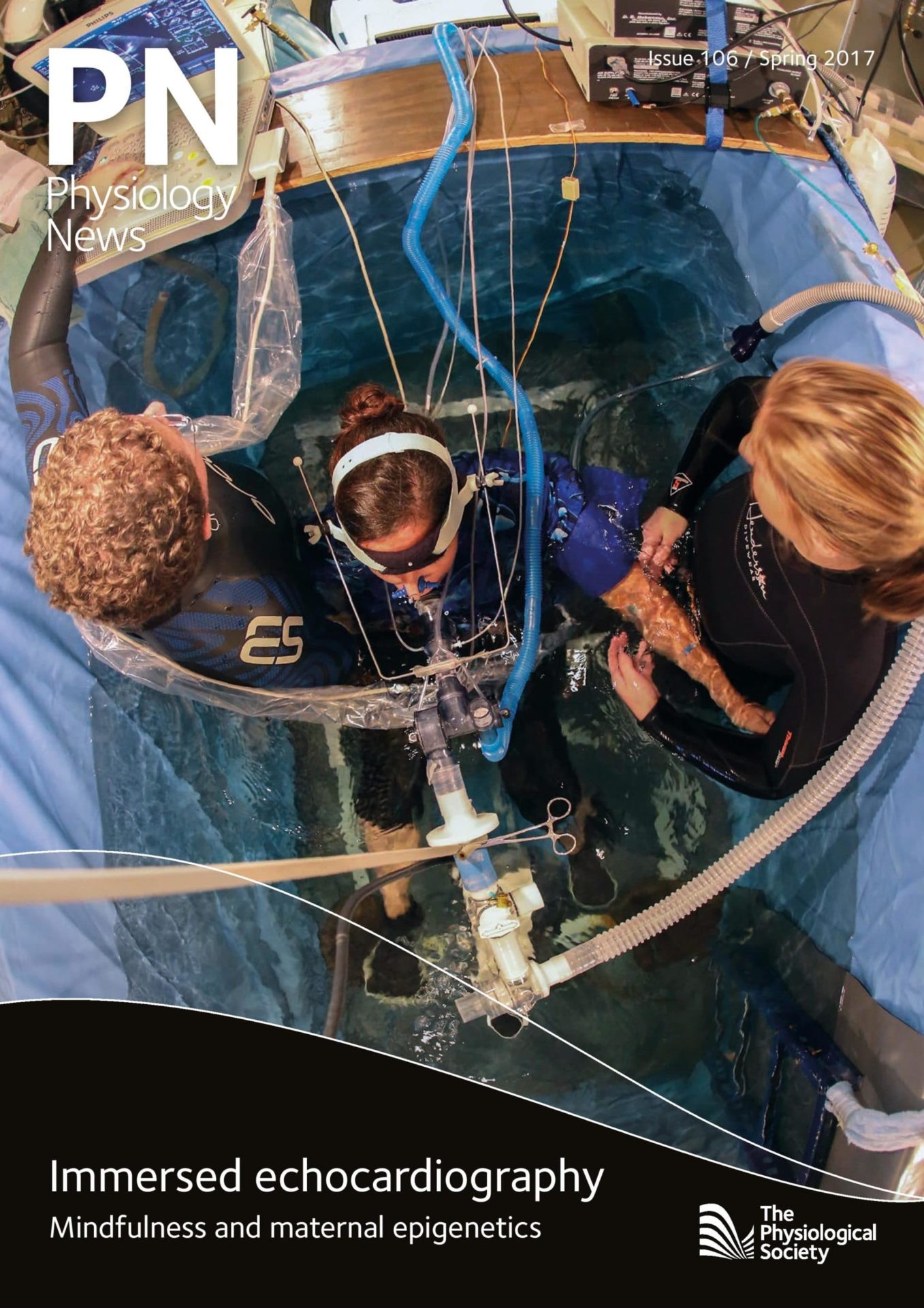
Physiology News Magazine
Policy Focus
PhySoc convenes sectoral input to the Teaching Excellence Framework (TEF)
News and Views
Policy Focus
PhySoc convenes sectoral input to the Teaching Excellence Framework (TEF)
News and Views
Henry Lovett
Policy and Public Affairs Officer, The Physiological Society
https://doi.org/10.36866/pn.106.8
The Society is continuing its work on Higher Education, working on the introduction and further development of the Teaching Excellence Framework (TEF). This follows on from our meetings at last summer’s party conferences discussing the interplay between TEF and the Research Excellence Framework (REF). To this end, Policy and Education & Outreach committees hosted a meeting on 26 January between a number of learned societies from the STEM sector and Universities UK (UUK), the representative body for Vice Chancellors of UK higher education institutions (HEIs), who have been working closely with the Department for Education (DfE) on the design and implementation of the successive iterations of the TEF.
Representatives from The Physiological Society, the Royal Society of Chemistry, the Royal Society of Biology, the Academy of Medical Sciences, the Royal Academy of Engineering, the Royal Statistical Society and the Institute of Physics were around the table. This gave the opportunity for a wide range of views to be aired and ideas for the future TEF rounds to be discussed in detail.
The first phase of discussion covered the current operation of TEF2, the deadline for submissions to which was the day of our meeting. This is the first version of TEF to base its awards on metrics, covering the general areas of teaching quality, learning environment and student outcomes. There
is general acceptance that these high-level themes are appropriate, but much less satisfaction with the specific metrics chosen within them. The benchmarking process to set institutional targets is also contentious. The metrics are supplemented by a written submission, but it is acknowledged that the main element of the result is the metric scores. Exceed enough benchmarks and a gold award is given; fall below enough and you rate bronze. Given this is the case, there is a disturbing lack of trust in the National Student Survey and its reporting on student satisfaction. Similarly, the Destination of Leavers from HE (DLHE) survey only gives a snapshot 6 months after graduation, at which point many graduates have not yet entered their careers or made significant decisions. The focus in recent years on widening participation has been welcomed, but these students often require more support and are less likely to complete their course. The metric focus on continuation may reverse the widening participation agenda if the effect of students dropping out begins to bite.
The Society has long focused on the reward and recognition of teaching in HE. All participants agreed that the TEF as it stands does not touch on the status of teaching within universities, even though a good way to increase teaching quality would be to encourage and reward those staff members who focus on teaching. The trend in reality is towards increasing casualisation of teaching, including the use of zero-hours contracts and other non-permanent arrangements for teaching. While this will likely not be recognised in the TEF metrics or submissions as they stand, it is likely to be detrimental to teaching quality. A better appreciation of teaching staff by the TEF would be likely to help it achieve its original goals.
The conversation then moved on to proposals to increase the specificity of the TEF, moving to subject-level assessment. Current plans envision a blend of subject- and institution-level factors being combined to produce an overall score. Awards may potentially be given to institutions and departments separately. It is proving difficult to define the correct scale to identify a ‘subject’. Differentiation down to the level of individual courses leads to cohorts so small they do not produce statistically significant data. Broader categories such as high-level JACS codes group subjects which are not at all closely related and could have greatly differing levels of quality. Proposals exist for a TEF which combines certain schools and courses into units of assessment, but these may not be universally accepted. An alternative under consideration is an assessment of how much departments deviate (above or below) from the overall quality rating of the entire institution. The model used by Athena SWAN for department and institutional awards was discussed and is being evaluated.
The participants considered the meeting to be very successful, and the UUK representatives were pleased to receive a different viewpoint to that from the heads of institutions. The Policy and Education & Outreach committees hope to convene this group again and continue working to make the TEF as effective as possible.

